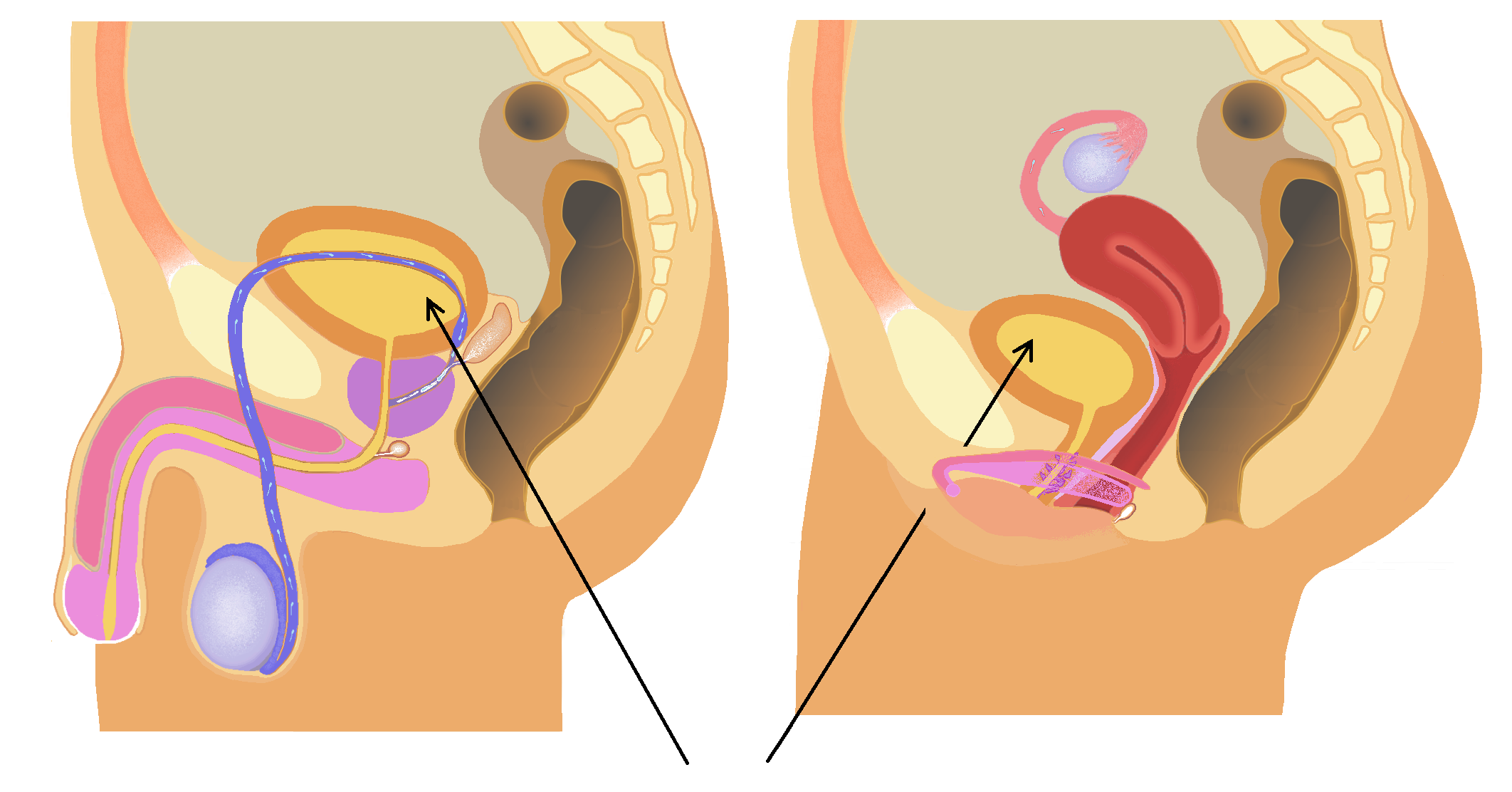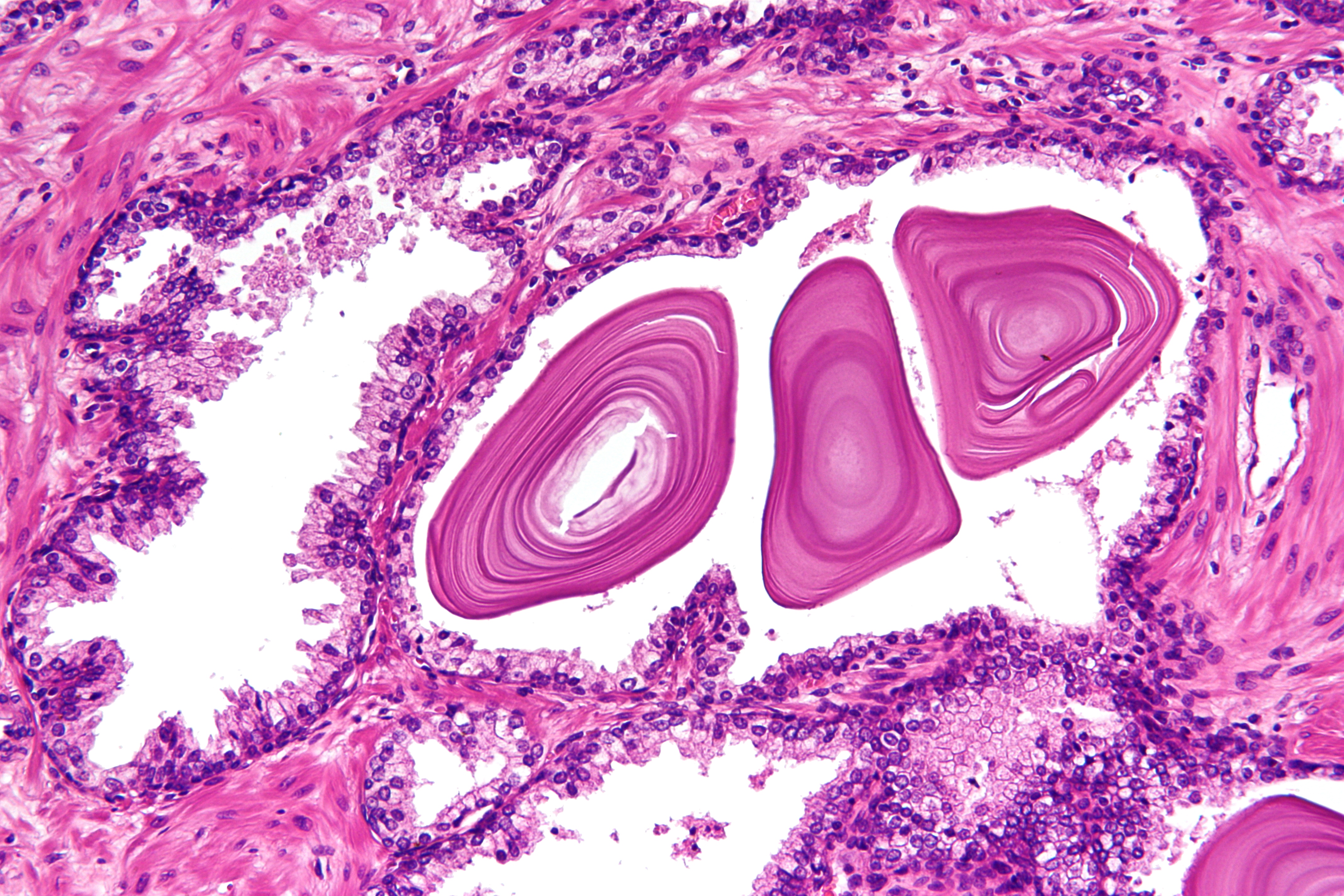|
Cystoprostatectomy
A cystoprostatectomy is a surgical procedure in which the urinary bladder and prostate gland are removed. The procedure combines a cystectomy and a prostatectomy. See also * List of surgeries by type Many Surgery, surgical procedure names can be broken into parts to indicate the meaning. For example, in gastrectomy, "ectomy" is a suffix (linguistics), suffix meaning the removal of a part of the body. "Gastro-" means stomach. Thus, ''gastrectom ... References Surgical oncology Surgical removal procedures Male genital surgery Prostatic procedures {{surgery-stub ... [...More Info...] [...Related Items...] OR: [Wikipedia] [Google] [Baidu] |
Surgery
Surgery is a medical specialty that uses manual and instrumental techniques to diagnose or treat pathological conditions (e.g., trauma, disease, injury, malignancy), to alter bodily functions (e.g., malabsorption created by bariatric surgery such as gastric bypass), to reconstruct or alter aesthetics and appearance (cosmetic surgery), or to remove unwanted tissue (biology), tissues (body fat, glands, scars or skin tags) or foreign bodies. The act of performing surgery may be called a surgical procedure or surgical operation, or simply "surgery" or "operation". In this context, the verb "operate" means to perform surgery. The adjective surgical means pertaining to surgery; e.g. surgical instruments, operating theater, surgical facility or surgical nurse. Most surgical procedures are performed by a pair of operators: a surgeon who is the main operator performing the surgery, and a surgical assistant who provides in-procedure manual assistance during surgery. Modern surgical opera ... [...More Info...] [...Related Items...] OR: [Wikipedia] [Google] [Baidu] |
Bladder
The bladder () is a hollow organ in humans and other vertebrates that stores urine from the kidneys. In placental mammals, urine enters the bladder via the ureters and exits via the urethra during urination. In humans, the bladder is a distensible organ that sits on the pelvic floor. The typical adult human bladder will hold between 300 and (10 and ) before the urge to empty occurs, but can hold considerably more. The Latin phrase for "urinary bladder" is ''vesica urinaria'', and the term ''vesical'' or prefix ''vesico-'' appear in connection with associated structures such as vesical veins. The modern Latin word for "bladder" – ''cystis'' – appears in associated terms such as cystitis (inflammation of the bladder). Structure In humans, the bladder is a hollow muscular organ situated at the base of the pelvis. In gross anatomy, the bladder can be divided into a broad (base), a body, an apex, and a neck. The apex (also called the vertex) is directed forward toward th ... [...More Info...] [...Related Items...] OR: [Wikipedia] [Google] [Baidu] |
Prostate
The prostate is an male accessory gland, accessory gland of the male reproductive system and a muscle-driven mechanical switch between urination and ejaculation. It is found in all male mammals. It differs between species anatomically, chemically, and physiologically. Anatomically, the prostate is found below the bladder, with the urethra passing through it. It is described in gross anatomy as consisting of lobes and in microanatomy by zone. It is surrounded by an elastic, fibromuscular capsule and contains glandular tissue, as well as connective tissue. The prostate produces and contains fluid that forms part of semen, the substance emitted during ejaculation as part of the male human sexual response cycle, sexual response. This prostatic fluid is slightly Alkalinity, alkaline, milky or white in appearance. The alkalinity of semen helps neutralize the acidity of the vagina, vaginal tract, prolonging the lifespan of sperm. The prostatic fluid is expelled in the first part of ej ... [...More Info...] [...Related Items...] OR: [Wikipedia] [Google] [Baidu] |
Cystectomy
Cystectomy is a medical term for surgical removal of all or part of the urinary bladder. It may also be rarely used to refer to the removal of a cyst. The most common condition warranting removal of the urinary bladder is bladder cancer. Two main types of cystectomies can be performed. A partial cystectomy (also known as a segmental cystectomy) involves removal of only a portion of the bladder. A radical cystectomy involves removal of the entire bladder along with surrounding lymph nodes and other nearby organs that contain cancer. Evaluation of the tissue removed during cystectomy and lymph node dissection aids in determining pathological cancer staging. This type of cancer staging can be used to determine further work-up, treatment, and follow-up needed along with potential prognosis. After the bladder has been removed, a urinary diversion is necessary to allow excretion of urine. Medical uses Malignancy Radical cystectomy is the recommended treatment for bladder c ... [...More Info...] [...Related Items...] OR: [Wikipedia] [Google] [Baidu] |
Prostatectomy
Prostatectomy (from the Ancient Greek language, Greek , "prostate" and , "excision") is the surgical removal of all or part of the prostate gland. This operation is done for benignity, benign conditions that cause urinary retention, as well as for prostate cancer and for other cancers of the human pelvis, pelvis. There are two main types of prostatectomies. A simple prostatectomy (also known as a subtotal prostatectomy) involves the removal of only part of the prostate. Surgeons typically carry out simple prostatectomies only for benignity, benign conditions. A radical prostatectomy, the removal of the entire prostate gland, the seminal vesicles and the vas deferens, is performed for cancer. There are multiple ways the operation can be done: with open surgery (via a large incision through the lower abdomen), laparoscopy, laparoscopically with the help of a robotic surgery, robot (a type of minimally invasive surgery), through the urethra or through the perineum. By laser prost ... [...More Info...] [...Related Items...] OR: [Wikipedia] [Google] [Baidu] |
List Of Surgeries By Type
Many Surgery, surgical procedure names can be broken into parts to indicate the meaning. For example, in gastrectomy, "ectomy" is a suffix (linguistics), suffix meaning the removal of a part of the body. "Gastro-" means stomach. Thus, ''gastrectomy'' refers to the surgical removal of the stomach (or sections thereof). "Otomy" means cutting into a part of the body; a ''gastrotonomy'' would be cutting into, but not necessarily removing, the stomach. In addition, "pharyngo" means pharynx, "laryngo" means larynx, "esophag" means esophagus. Thus, "pharyngolaryngoesophagectomy" refers to the surgical removal of the three. The field of minimally invasive surgery has spawned another set of words, such as ''arthroscopic'' or ''laparoscopic'' surgery. These take the same form as above; an arthroscope is a device which allows the inside of the joint to be seen. List of common surgery terms Prefixes * ''mono-'' : one, from the Greek language, Greek μόνος, ', "only, single" * ''angio ... [...More Info...] [...Related Items...] OR: [Wikipedia] [Google] [Baidu] |
Surgical Oncology
Surgical oncology is the branch of surgery applied to oncology; it focuses on the surgical management of tumors, especially cancerous tumors. As one of several modalities in the management of cancer, the specialty of surgical oncology has evolved in steps similar to medical oncology (pharmacotherapy for cancer), which grew out of hematology, and radiation oncology, which grew out of radiology. The Ewing Society—known today as the Society of Surgical Oncology—was started by surgeons interested in promoting the field of oncology. In 2011, the American Board of Surgery ratified Complex General Surgical Oncology via a specialty Board certification. The field was expected to continue expanding via the proliferation of cancer centers, as well as advanced minimally invasive techniques, palliative surgery, and neo-adjuvant treatments. Debate Whether surgical oncology qualifies as a distinct medical specialty remains a topic of heated debate. Today, many agree that it is impractica ... [...More Info...] [...Related Items...] OR: [Wikipedia] [Google] [Baidu] |
Surgical Removal Procedures
Surgery is a medical specialty that uses manual and instrumental techniques to diagnose or treat pathological conditions (e.g., trauma, disease, injury, malignancy), to alter bodily functions (e.g., malabsorption created by bariatric surgery such as gastric bypass), to reconstruct or alter aesthetics and appearance ( cosmetic surgery), or to remove unwanted tissues (body fat, glands, scars or skin tags) or foreign bodies. The act of performing surgery may be called a surgical procedure or surgical operation, or simply "surgery" or "operation". In this context, the verb "operate" means to perform surgery. The adjective surgical means pertaining to surgery; e.g. surgical instruments, surgical facility or surgical nurse. Most surgical procedures are performed by a pair of operators: a surgeon who is the main operator performing the surgery, and a surgical assistant who provides in-procedure manual assistance during surgery. Modern surgical operations typically require a surgica ... [...More Info...] [...Related Items...] OR: [Wikipedia] [Google] [Baidu] |
Male Genital Surgery
Male (symbol: ♂) is the sex of an organism that produces the gamete (sex cell) known as sperm, which fuses with the larger female gamete, or ovum, in the process of fertilisation. A male organism cannot reproduce sexually without access to at least one ovum from a female, but some organisms can reproduce both sexually and asexually. Most male mammals, including male humans, have a Y chromosome, which codes for the production of larger amounts of testosterone to develop male reproductive organs. In humans, the word ''male'' can also be used to refer to gender, in the social sense of gender role or gender identity. Overview The existence of separate sexes has evolved independently at different times and in different lineages, an example of convergent evolution. The repeated pattern is sexual reproduction in isogamous species with two or more mating types with gametes of identical form and behavior (but different at the molecular level) to anisogamous species with gamete ... [...More Info...] [...Related Items...] OR: [Wikipedia] [Google] [Baidu] |





